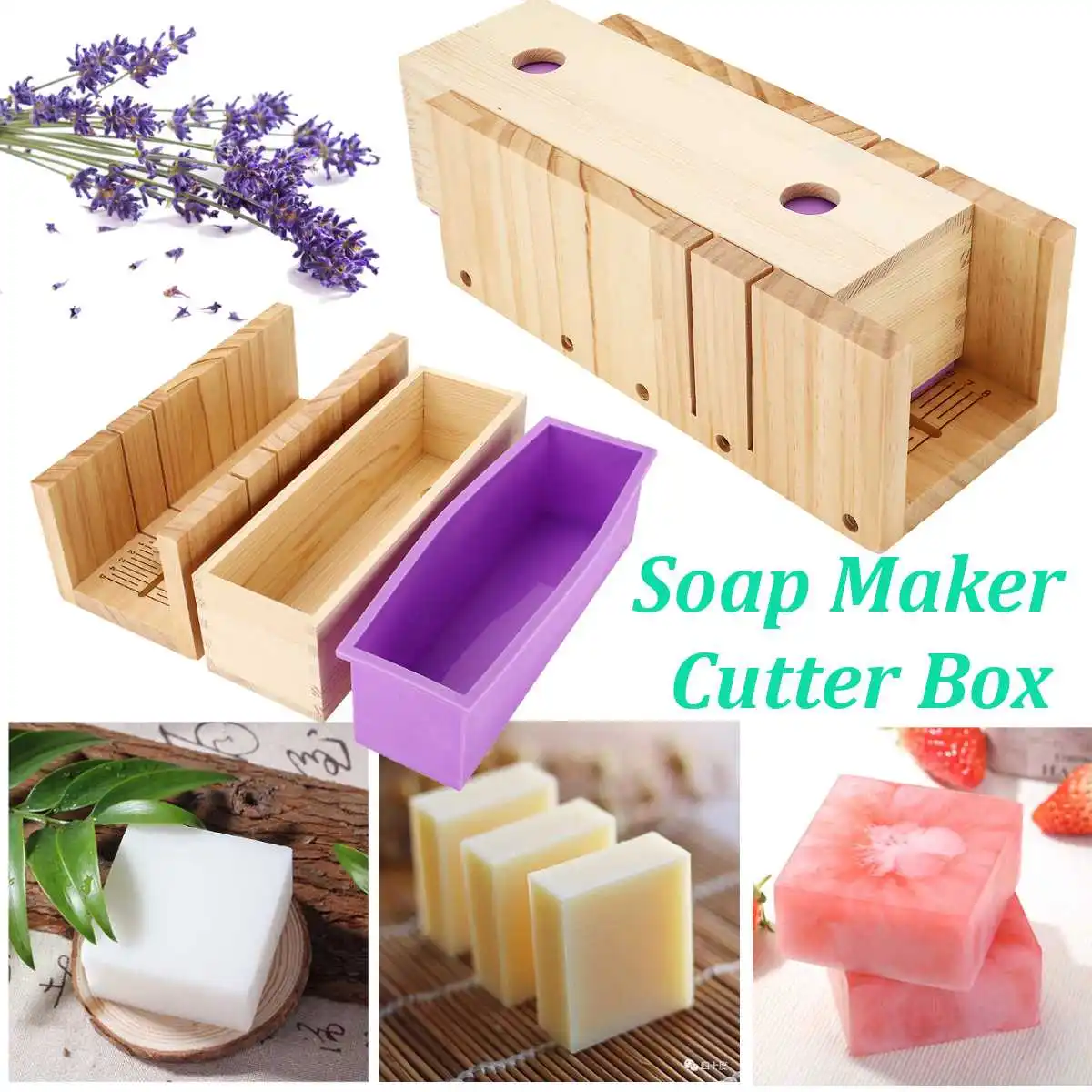Soap Making Supplies

Oils and Butters
When it comes to making soap, oils and butters are the foundation of your recipe. They provide the necessary fats and oils that help to create a bar of soap. Some of the most popular oils and butters used in soap making include:
Coconut Oil
Coconut oil is a common ingredient in many soap recipes. It creates a rich, creamy lather and helps to make a harder bar of soap.
Olive Oil
Olive oil is another popular choice for soap making. It creates a mild, gentle soap that is great for sensitive skin.
Shea Butter
Shea butter is a luxurious ingredient that adds moisturizing properties to your soap. It can help to soothe dry, irritated skin.
Fragrances and Colorants
In addition to oils and butters, you'll also need fragrances and colorants to make your soap more appealing. There are many different types of fragrances and colorants available, including natural and synthetic options. Some popular choices include:
Essential Oils
Essential oils are natural fragrances that are derived from plants. They can add a pleasant scent to your soap and may also have therapeutic benefits.
Fragrance Oils
Fragrance oils are synthetic fragrances that are designed to mimic the scent of natural ingredients. They come in a wide variety of scents and can be used in soap making.
Micas
Micas are a type of mineral-based colorant that can be used to add color to your soap. They come in a wide variety of shades and can be used alone or in combination with other colorants.
Molds and Equipment
Once you have your soap making ingredients, you'll need molds and equipment to actually make your soap. Some of the most commonly used items include:
Soap Mold
A soap mold is used to shape your soap into the desired shape. There are many different types of molds available, including silicone, plastic, and wooden molds.
Stick Blender
A stick blender is used to mix your soap ingredients together quickly and efficiently. It can help to speed up the soap making process and ensure that your ingredients are well blended.
Thermometer
A thermometer is used to monitor the temperature of your soap ingredients. It's important to ensure that your ingredients are at the correct temperature to create a successful batch of soap.
Pros and Cons of Making Your Own Soap
While making your own soap can be a fun and rewarding hobby, there are both pros and cons to consider. Some of the advantages of making your own soap include:
- You can customize your soap to meet your specific needs and preferences.
- You have control over the ingredients that go into your soap.
- Making your own soap can be a creative outlet.
On the other hand, some potential disadvantages of making your own soap include:
- It can be time-consuming and require a lot of trial and error.
- There is a risk of using too much or too little of certain ingredients, which can impact the quality of your soap.
- It can be expensive to purchase all of the necessary supplies.
Conclusion
Soap making can be a fun and rewarding hobby, but it's important to have the right supplies. Oils and butters, fragrances and colorants, molds and equipment are all essential components of soap making. Whether you're a beginner or an experienced soap maker, having the right supplies can help you create beautiful, high-quality soap that you can enjoy and share with others.
FAQ
What is the best oil for soap making?
There are many different oils that can be used for soap making, but some of the most popular choices include coconut oil, olive oil, and palm oil.
What is the difference between fragrance oils and essential oils?
Essential oils are natural fragrances that are derived from plants, while fragrance oils are synthetic fragrances that are designed to mimic the scent of natural ingredients.
Do I need a special mold to make soap?
While you can use any mold to make soap, it's important to choose one that is sturdy and can withstand the heat and pressure of the soap making process. Silicone, plastic, and wooden molds are all good options.
Can I make soap without lye?
No, lye is an essential ingredient in soap making. It's what causes the chemical reaction that turns oils and butters into soap.
